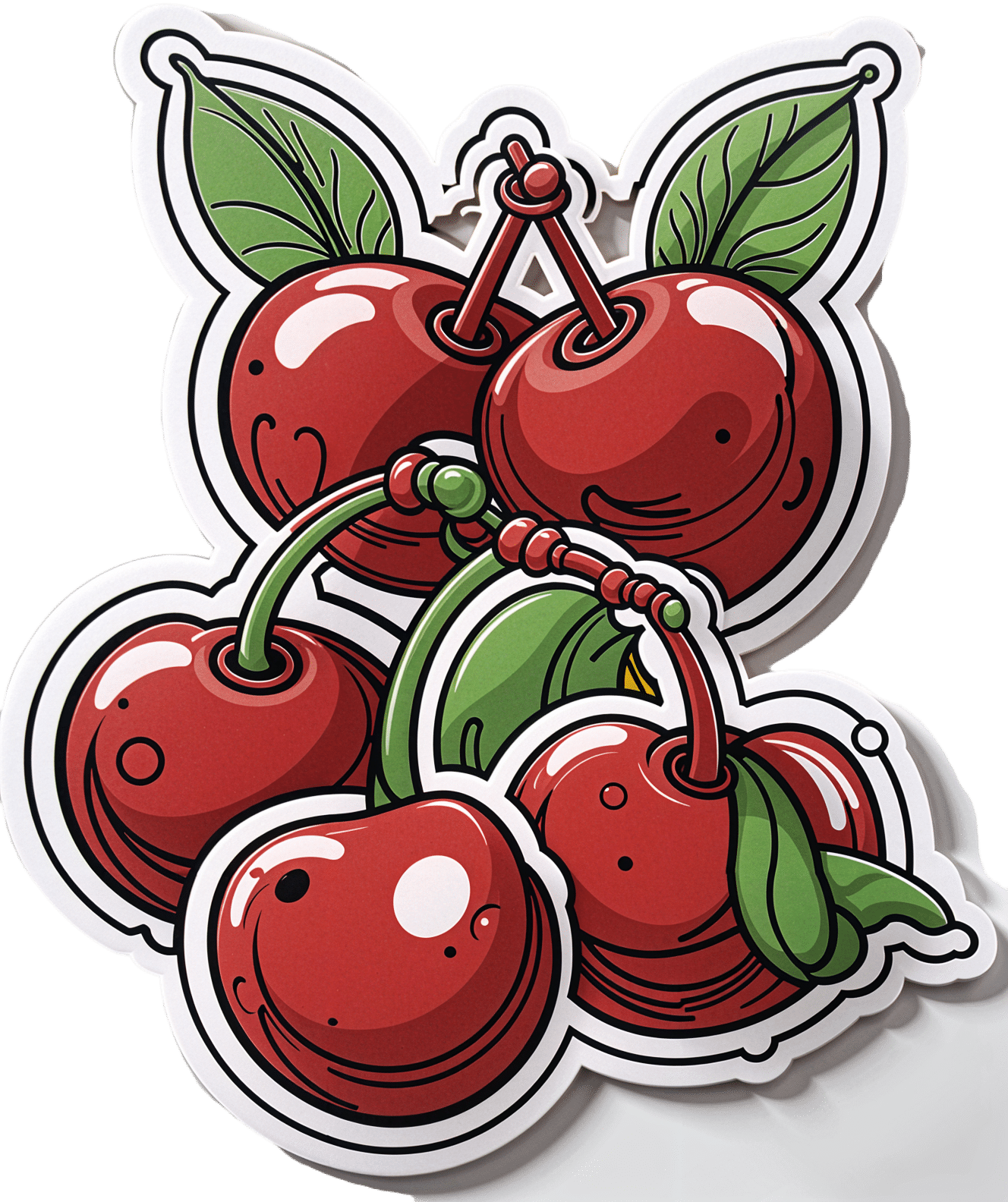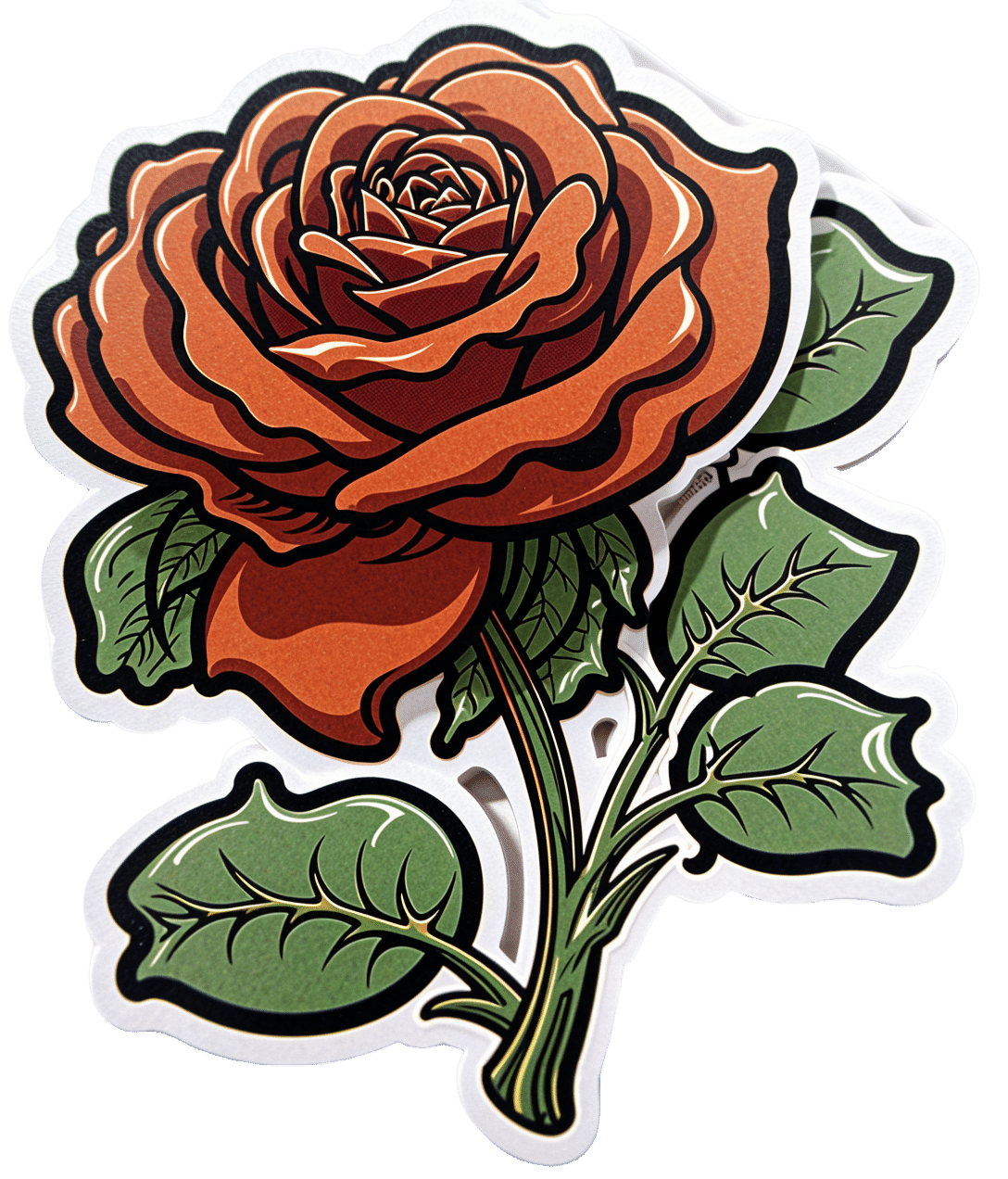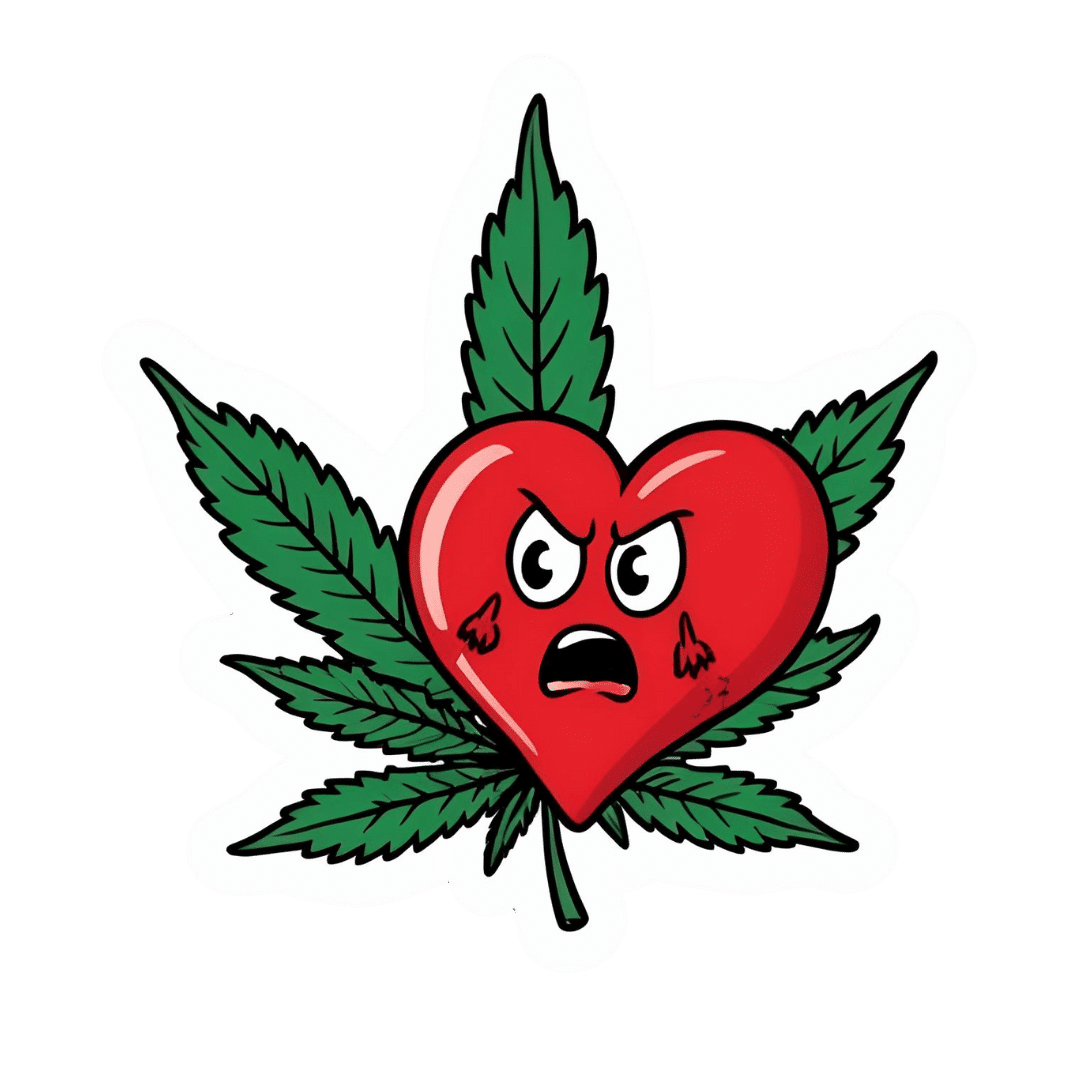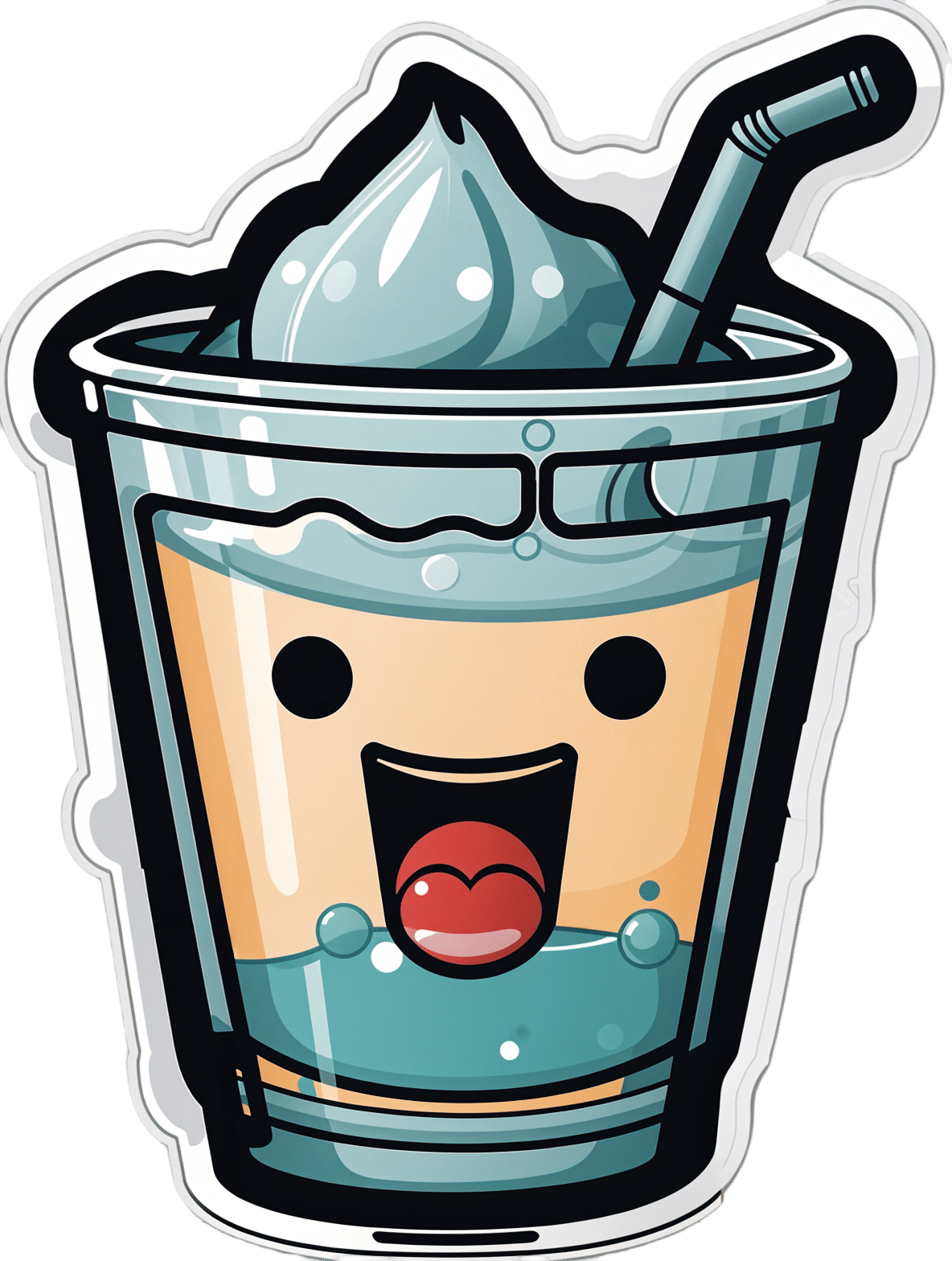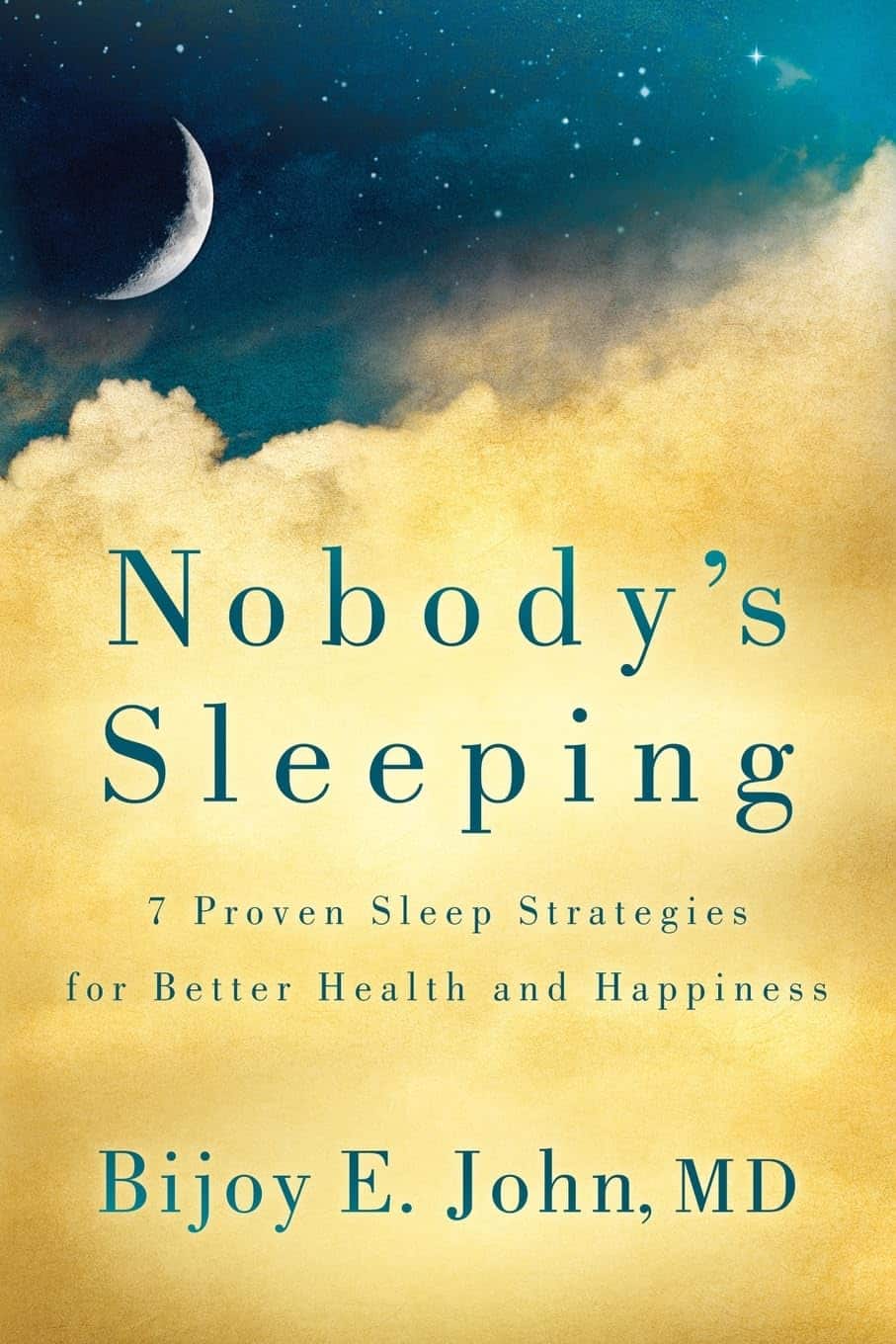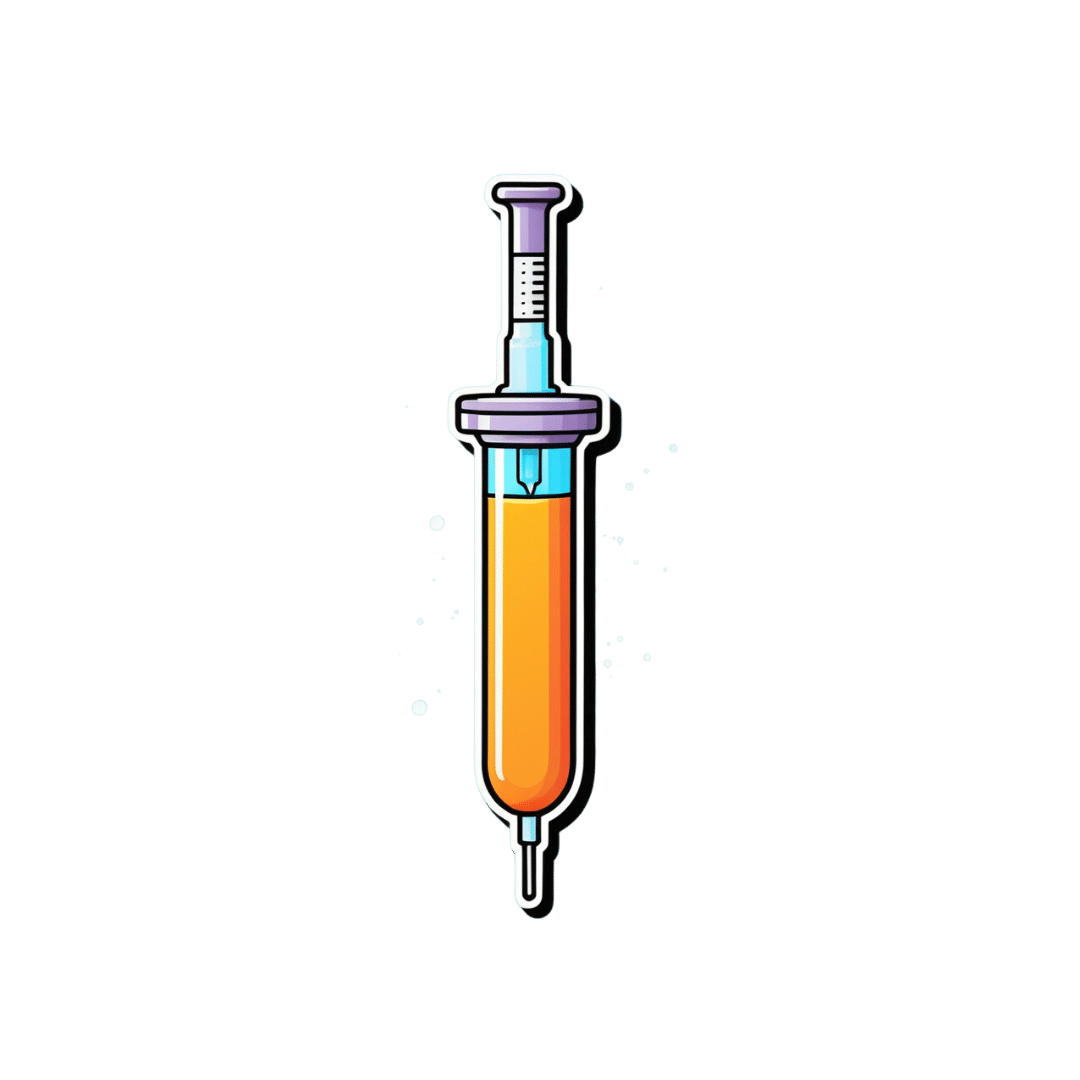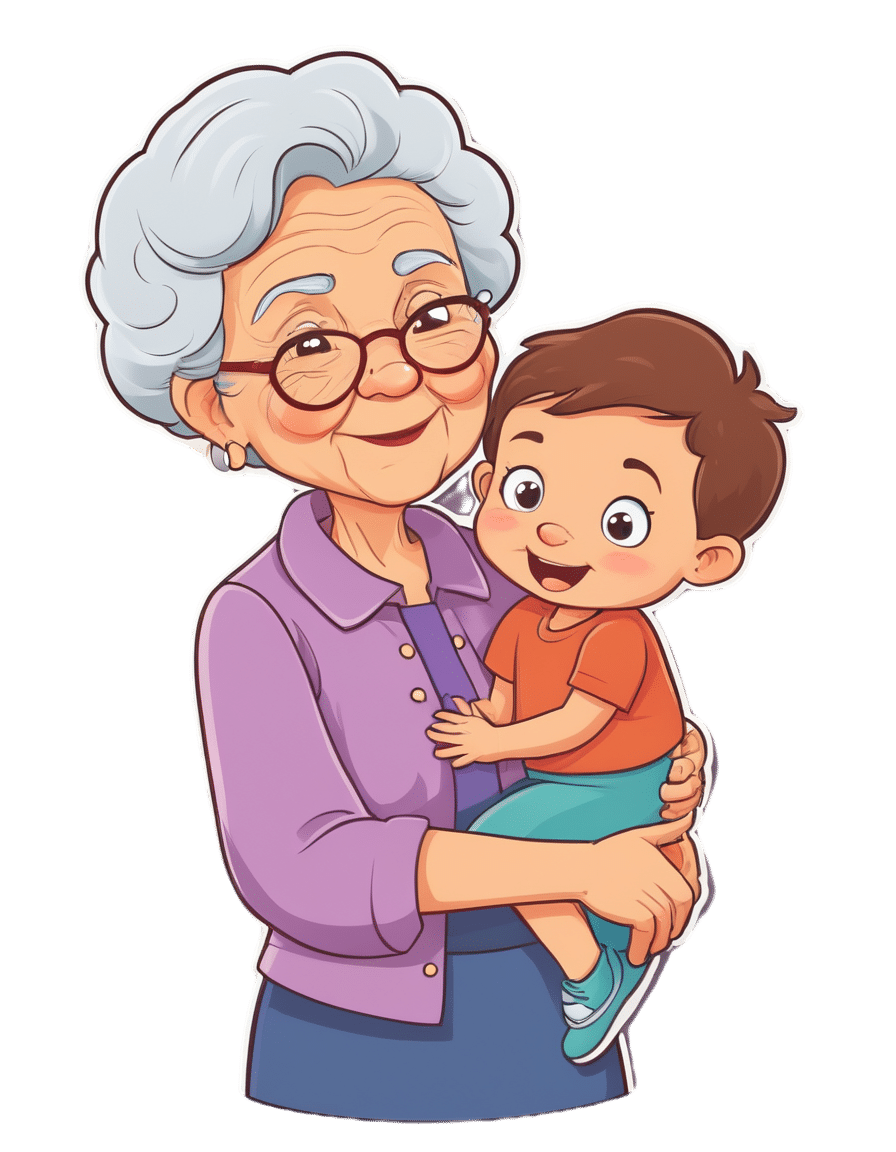
Age & Aging: What Can (And Can’t) We Do About It?
10almonds is reader-supported. We may, at no cost to you, receive a portion of sales if you purchase a product through a link in this article.
How old do you want to be?

We asked you how old you are, and got an interesting spread of answers. This wasn’t too surprising; of course we have a general idea of who our readership is and we write accordingly.
What’s interesting is the gap for “40s”.
And, this wasn’t the case of a broken poll button, it’s something that crops up a lot in health-related sociological research. People who are most interested in taking extra care of their body are often:
- Younger people full of optimism about maintaining this perfectly healthy body forever
- Older people realizing “if I don’t want to suffer avoidable parts of age-related decline, now is the time to address these things”
In between, we often have a gap whereby people no longer have the optimism of youth, but do not yet feel the pressure of older age.
Which is not to say there aren’t 40-somethings who do care! Indeed, we know for a fact we have some subscribers in their 40s (and some in their 90s, too), just, they evidently didn’t vote in this poll.
Anyway, let’s bust some myths…
Aging is inevitable: True or False?
False, probably. That seems like a bold (and fortune-telling) claim, so let’s flip it to deconstruct it more logically:
Aging is, and always will be, unstoppable: True or False?
That has to be “False, probably”. To say “true” now sounds like an even bolder claim. Just like “the moon will always be out of reach”.
- When CPR was first developed, first-aiders were arrested for “interfering with a corpse”.
- Many diseases used to be death sentences that are now “take one of these in the morning”
- If you think this is an appeal to distant history, HIV+ status was a death sentence in the 90s. Now it’s “take one of these in the morning”.
But, this is an appeal to the past, and that’s not always a guarantee of the future. Where does the science stand currently? How is the research and development doing on slowing, halting, reversing aging?
We can slow aging: True or False?
True! There’s a difference between chronological age (i.e., how much time has passed while we’ve been alive) and biological age (i.e., what our diverse markers of aging look like).
Biological age often gets talked about as a simplified number, but it’s more complex than that, as we can age in different ways at different rates, for example:
- Visual markers of aging (e.g. wrinkles, graying hair)
- Performative markers of aging (e.g. mobility tests)
- Internal functional markers of aging (e.g. tests for cognitive decline, eyesight, hearing, etc)
- Cellular markers or aging (e.g. telomere length)
- …and more, but we only have so much room here
There are things we can do to slow most of those, including:
- Good nutrition (e.g. collagen and lutein, to keep specific parts of the body functioning “like those of a younger person” ranging from the joints to the eyes and brain)
- Anti-oxidant activity (e.g. eating anti-oxidant foods, supplementing with anti-oxidants or other things that mitigate oxidative stress, and avoiding foods that hasten oxidative stress which causes many kinds of aging)
- Getting good sleep (not to be underestimated for its restorative importance)
- Taking care of our cognitive health
- Taking care of our mental health (especially: reducing stress)
- Taking care of our mobility (prevention is better than cure!)
In the case of cognitive decline particularly, check out our previous article:
How To Reduce Your Alzheimer’s Risk
It’s too early to worry about… / It’s too late to do anything about… True or False?
False and False!
Many things that affect our health later in life are based on early-life choices and events. So it’s important for young people to take advantage of that. The earlier one adopts a healthy lifestyle, the better, because, and hold onto your hats for the shocker here: aging is cumulative.
However, that doesn’t mean that taking up healthy practices (or dropping unhealthy ones) is pointless later in life, even in one’s 70s and beyond!
Read about this and more from the National Institute of Aging:
What Do We Know About Healthy Aging?
We can halt aging: True or False?
False, for now at least. Our bodies are not statues; they are living organisms, constantly rebuilding themselves, constantly changing, every second of every day, for better or for worse. Every healthy or unhealthy choice you make, every beneficial or adverse experience you encounter, affects your body on a cellular level.
Your body never, ever, stops changing for as long as you live.
But…
We can reverse aging: True or False?
True! Contingently and with limitations, for now at least.
Remember what we said about your body constantly rebuilding itself? That goes for making itself better as well as making itself worse.
- If yesterday you couldn’t touch your toes and today you can, congratulations, you just got younger by a biological marker of aging.
- If you stopped drinking/smoking/eating a certain way last year, and this year your skin has fewer wrinkles, congratulations, you got younger by a biological marker of aging.
- If you’ve been exercising and now your heart rate variability and VO2 max are better than last month, congratulations, you got younger by a biological marker aging.
- If you took supplements that reduce and/or mitigate oxidative stress (e.g. resveratrol, CoQ10, l-theanine, etc), and you took up intermittent fasting, and now your telomeres are longer than they were six months ago, congratulations, you got younger by a biological marker of aging.
But those aren’t really being younger, we’ll still die when our time is up: True or False?
False and True, respectively.
Those kinds of things are really being younger, biologically. What else do you think being biologically younger is?
We may indeed die when our time is up, but (unless we suffer fatal accident or incident first) “when our time is up” is something that is decided mostly by the above factors.
Genetics—the closest thing we have to biological “fate”—accounts for only about 25% of our longevity-related health*.
Genes predispose, but they don’t predetermine.
*Read more: Human longevity: Genetics or Lifestyle? It takes two to tango
(from the Journal of Immunity and Ageing)
Don’t Forget…
Did you arrive here from our newsletter? Don’t forget to return to the email to continue learning!
Recommended
Learn to Age Gracefully
Join the 98k+ American women taking control of their health & aging with our 100% free (and fun!) daily emails:
-
Cherries’ Very Healthy Wealth Of Benefits!
10almonds is reader-supported. We may, at no cost to you, receive a portion of sales if you purchase a product through a link in this article.
Cherries’ Health Benefits Simply Pop
First, be aware, there are different kinds:
Sweet & Sour
Cherries can be divided into sweet vs sour. These are mostly nutritionally similar, though sour ones do have some extra benefits.
Sweet and sour cherries are closely related but botanically different plants; it’s not simply a matter of ripeness (or preparation).
These can mostly be sorted into varieties of Prunus avium and Prunus cerasus, respectively:
Cherry Antioxidants: From Farm to Table
Sour cherry varieties include morello and montmorency, so look out for those names in particular when doing your grocery-shopping.
You may remember that it’s a good rule of thumb that foods that are more “bitter, astringent, or pungent” will tend to have a higher polyphenol content (that’s good):
Enjoy Bitter Foods For Your Heart & Brain
Juiced up
Almost certainly for reasons of budget and convenience, as much as for standardization, most studies into the benefits of cherries have been conducted using concentrated cherry juice as a supplement.
At home, we need not worry so much about standardization, and our budget and convenience are ours to manage. To this end, as a general rule of thumb, whole fruits are pretty much always better than juice:
Which Sugars Are Healthier, And Which Are Just The Same?
Antioxidant & anti-inflammatory!
Cherries are a very good source of antioxidants, and as such they also reduce inflammation, which in turn means ameliorating autoimmune diseases, from common things like arthritis…
…to less common things like gout:
Cherry Consumption and the Risk of Recurrent Gout Attacks
This can also be measured by monitoring uric acid metabolites:
Consumption of cherries lowers plasma urate in healthy women
Anti-diabetic effect
Most of the studies on this have been rat studies, and the human studies have been less “the effect of cherry consumption on diabetes” and more a matter of separate studies adding up to this conclusion in, the manner of “cherries have this substance, this substance has this effect, therefore cherries will have this effect”. You can see an example of this discussed over the course of 15 studies, here:
A Review of the Health Benefits of Cherries ← skip to section 2.2.1: “Cherry Intake And Diabetes”
In short, the jury is out on cherry juice, but eating cherries themselves (much like getting plenty of fruit in general) is considered good against diabetes.
Good for healthy sleep
For this one, the juice suffices (actual cherries are still recommended, but the juice gave clear significant positive results):
Pilot Study of the Tart Cherry Juice for the Treatment of Insomnia and Investigation of Mechanisms ← this was specifically in people over the age of 50
Importantly, it’s not that cherries have a sedative effect, but rather they support the body’s ability to produce melatonin adequately when the time comes:
Effect of tart cherry juice (Prunus cerasus) on melatonin levels and enhanced sleep quality
Post-exercise recovery
Cherries are well-known for boosting post-exercise recovery, though they may actually improve performance during exercise too, if eaten beforehand/
For example, these marathon-runners who averaged 13% compared to placebo control:
As for its recovery benefits, we wrote about this before:
How To Speed Up Recovery After A Workout (According To Actual Science)
Want to get some?
We recommend your local supermarket (or farmer’s market!), but if for any reason you prefer to take a supplement, here’s an example product on Amazon
Enjoy!
Share This Post
-
Olfactory Training, Better
10almonds is reader-supported. We may, at no cost to you, receive a portion of sales if you purchase a product through a link in this article.
Anosmia, by any other name…
The loss of the sense of smell (anosmia) is these days well-associated with COVID and Long-COVID, but also can simply come with age:
National Institute of Aging | How Smell & Taste Change With Age
…although it can also be something else entirely:
❝Another possibility is a problem with part of the nervous system responsible for smell.
Some studies have suggested that loss of smell could be an early sign of a neurodegenerative disease, such as Alzheimer’s or Parkinson’s disease.
However, a recent study of 1,430 people (average age about 80) showed that 76% of people with anosmia had normal cognitive function at the study’s end.❞
Read more: Harvard Health | Is it normal to lose my sense of smell as I age?
We’d love to look at and cite the paper that they cite, but they didn’t actually provide a source. We did find some others, though:
❝Olfactory capacity declines with aging, but increasing evidence shows that smell dysfunction is one of the early signs of prodromal neurodegenerative diseases such as Alzheimer’s and Parkinson’s disease.
The loss of smell is considered a clinical sign of early-stage disease and a marker of the disease’s progression and cognitive impairment.❞
Read more: Neurons, Nose, and Neurodegenerative Diseases: Olfactory Function and Cognitive Impairment
What’s clear is the association; what’s not clear is whether one worsens the other, and what causal role each might play. However, the researchers conclude that both ways are possible, including when there is another, third, underlying potential causal factor:
❝Ongoing studies on COVID-19 anosmia could reveal new molecular aspects unexplored in olfactory impairments due to neurodegenerative diseases, shedding a light on the validity of smell test predictivity of cognitive dementia.
The neuroepithelium might become a new translational research target (Neurons, Nose, and Neurodegenerative diseases) to investigate alternative approaches for intranasal therapy and the treatment of brain disorders. ❞
~ Ibid.
Another study explored the possible mechanisms of action, and found…
❝Olfactory impairment was significantly associated with increased likelihoods of MCI, amnestic MCI, and non-amnestic MCI.
In the subsamples, anosmia was significantly associated with higher plasma total tau and NfL concentrations, smaller hippocampal and entorhinal cortex volumes, and greater WMH volume, and marginally with lower AD-signature cortical thickness.
These results suggest that cerebral neurodegenerative and microvascular lesions are common neuropathologies linking anosmia with MCI in older adults❞
- MCI = Mild Cognitive Impairment
- NfL = Neurofilament Light [Chain]
- WMH = White Matter Hyperintensity
- AD =Alzheimer’s Disease
Read more: Anosmia, mild cognitive impairment, and biomarkers of brain aging in older adults
How to act on this information
You may be wondering, “this is fascinating and maybe even a little bit frightening, but how is this Saturday’s Life Hacks?”
We wanted to set up the “why” before getting to the “how”, because with a big enough “why”, it’s much easier to find the motivation to act on the “how”.
Test yourself
Or more conveniently, you and a partner/friend/relative can test each other.
Simply do like a “blind taste testing”, but for smell. Ideally these will be a range of simple and complex odors, and commercially available smell test kits will provide these, if you don’t want to make do with random items from your kitchen.
If you’d like to use a clinical diagnostic tool, you can check out:
Clinical assessment of patients with smell and taste disorders
…and especially, this really handy diagnostic flowchart:
Algorithm of evaluation of a patient who has olfactory loss
Train yourself
“Olfactory training” has been the got-to for helping people to regain their sense of smell after losing it due to COVID.
In simple terms, this means simply trying to smell things that “should” have a distinctive odor, and gradually working up one’s repertoire of what one can smell.
You can get some great tips here:
AbScent | Useful Insights Into Smell Training
Hack your training
An extra trick was researched deeply in a recent study which found that multisensory integration helped a) initially regain the ability to smell things and b) maintain that ability later without the cross-sensory input.
What that means: you will more likely be able to smell lemon while viewing the color yellow, and most likely of all to be able to smell lemon while actually holding and looking at a slice of lemon. Having done this, you’re more likely to be able to smell (and distinguish) the odor of lemon later in a blind smell test.
In other words: with this method, you may be able to cut out many months of frustration of trying and failing to smell something, and skip straight to the “re-adding specific smells to my brain’s olfactory database” bit.
Read the study: Olfactory training: effects of multisensory integration, attention towards odors and physical activity
Or if you prefer, here’s a pop-science article based on that:
One in twenty people has no sense of smell—here’s how they might get it back
Take care!
Share This Post
-
Cannabis & Heart Attacks
10almonds is reader-supported. We may, at no cost to you, receive a portion of sales if you purchase a product through a link in this article.
For many, cannabis use has taken the place that alcohol used to have when it comes to wanting a “downer”, that is to say, a drug that relaxes us as opposed to stimulating us.
Indeed, it is generally considered safer than alcohol ← however this is not a strong claim, because alcohol is much more dangerous than one would think given its ubiquity and (in many places, at least) social acceptability.
We’ve talked a bit about cannabis use before, in its various forms, for example:
Cannabis Myths vs Reality ← a very good starting point for the curious
And one specifically about the use of THC gummies (THC is the psychoactive compound in cannabis, i.e. it’s the chemical that gets people high, as opposed to CBD, which is not psychoactive) as a sleep aid:
Sweet Dreams Are Made of THC (Or Are They?)
And for those skipping the THC, we’ve also written about CBD use, including:
CBD Oil: What Does The Science Say? and Do CBD Gummies Work?
So, about cannabis and heart attacks
Alcohol is a relaxant, and yet it can contribute to heart disease (amongst many other things, of course):
Can We Drink To Good Health? ← this is mostly about red wine’s putative heart health benefits, how the idea got popularized, and how it doesn’t stand up to scrutiny when actually looking at the evidence.
And cannabis, another relaxant? Not so good either!
New research has shown that cannabis users have a higher risk of heart attacks, even among younger and otherwise healthy individuals. This is based on analyzing data from 4,636,628 relatively healthy adults.
Specifically, the data showed that even young healthy cannabis users get:
- Sixfold increased risk of heart attack
- Fourfold increased risk of ischemic stroke
- Threefold increased risk of cardiovascular death, heart attack, or stroke
We mention the otherwise “relatively healthy” nature of the participants, because it’s important to note that less healthy people (who were perhaps using cannabis to self-medicate for some serious condition) were not included in the dataset, as it’d skew the data unhelpfully and it’d make the risk look a lot higher than the risk levels we mentioned above.
The mechanisms by which cannabis affects heart health are not fully understood, but hypotheses include:
- Disrupting heart rhythm regulation
- Increasing oxygen demand in the heart muscle
- Causing endothelial dysfunction, which affects blood vessel function
Further, heart attack risk peaked one hour after cannabis use, and while this doesn’t prove causality, it certainly doesn’t make cannabis look safe.
You can read the paper in its entirety here:
Want a safer way to relax?
We recommend:
- No-Frills, Evidence-Based Mindfulness
- Meditation Games That You’ll Actually Enjoy
- Which Style Of Yoga Is Best For You?
- 7 Kinds Of Rest When Sleep Is Not Enough
- Better Sex = Longer Life (Here’s How)
Enjoy!
Share This Post
Related Posts
-
There are ‘forever chemicals’ in our drinking water. Should standards change to protect our health?
10almonds is reader-supported. We may, at no cost to you, receive a portion of sales if you purchase a product through a link in this article.
Today’s news coverage reports potentially unsafe levels of “forever chemicals” detected in drinking water supplies around Australia. These include human-made chemicals: perfluorooctane sulfonate (known as PFOS) and perflurooctanic acid (PFOA). They are classed under the broader category of per- and polyfluoroalkyl substances or PFAS chemicals.
The contaminants found in our drinking water are the same ones United States authorities warn can cause cancer over a long period of time, with reports warning there is “no safe level of exposure”.
In April, the US Environmental Protection Agency (USEPA) sent shock waves through the water industry around the world when it announced stricter advice on safe levels of PFOS/PFOA in drinking water. This reduced limits considered safe in supplies to zero and gave the water industry five years to meet legally enforceable limits of 4 parts per trillion.
So, should the same limits be enforced here in Australia? And how worried should we be that the drinking in many parts of Australia would fail the new US standards?
What are the health risks?
Medical knowledge about the human health effects of PFOS/PFOA is still emerging. An important factor is the bioaccumulation of these chemicals in different organs in the body over time.
Increased exposure of people to these chemicals has been associated with several adverse health effects. These include higher cholesterol, lower birth weights, modified immune responses, kidney and testicular cancer.
It has been very difficult to accurately track and measure effects of different levels of PFAS exposure on people. People may be exposed to PFAS chemicals in their everyday life through waterproofing of clothes, non-stick cookware coatings or through food and drinking water. PFAS can also be in pesticides, paints and cosmetics.
The International Agency for Research on Cancer (on behalf of the World Health Organization) regards PFOA as being carcinogenic to humans and PFOS as possibly carcinogenic to humans.
Is our drinking water safe? What about long-term risks? Volodymyr TVERDOKHLIB/Shutterstock Our guidelines
Australian drinking water supplies are assessed against national water quality standards. These Australian Drinking Water Guidelines are continuously reviewed by industry and health experts that scan the international literature and update them accordingly.
All city and town water supplies across Australia are subject to a wide range of physical and chemical water tests. The results are compared to Australian water guidelines.
Some tests relate to human health considerations, such as levels of lead or bacteria. Others relate to “aesthetic” considerations, such as the appearance or taste of water. Most water authorities across Australia make water quality information and compliance with Australian guidelines freely available.
What about Australian PFOS and PFOA standards?
These chemicals can enter our drinking water system from many potential sources, such as via their use in fire-fighting foams or pesticides.
According to the Australian Drinking Water Guidelines, PFOS should not exceed 0.07 micrograms per litre in drinking water. And PFOA should not exceed 0.56 micrograms per litre. One microgram is equivalent to one part per billion.
The concentration of these chemicals in water is incredibly small. And much of the advice on their concentration is provided in different units. Sometimes in micrograms or nannograms. The USEPA uses parts per trillion.
In parts per trillion (ppt) the Australian Guidelines for PFOS is 70 ppt and PFOA is 560 ppt. The USEPA’s new maximum contaminant levels (enforceable levels) are 4 ppt for both PFOS and also PFOA. Previous news reports have pointed out Australian guidelines for these chemicals in drinking water are up to 140 times higher than the USEPA permits.
Yikes! That seems like a lot
Today’s news report cites PFOS and PFOA water tests done at many different water supplies across Australia. Some water samples did not detect either chemicals. But most did, with the highest PFOS concentration 15.1–15.6 parts per trillion from Glenunga, South Australia. The highest PFOA concentration was reported from a small water supply in western Sydney, where it was detected at 5.17–9.66 parts per trillion.
Australia and the US are not alone. This is an enormous global problem.
One of the obvious challenges for the Australian water industry is that current water treatment processes may not be effective at removing PFOS or PFOA. The Australian Drinking Water Guidelines provide this advice:
Standard water treatment technologies including coagulation followed by physical separation, aeration, chemical oxidation, UV irradiation, and disinfection have little or no effect on PFOS or PFOA concentrations.
Filtering with activated carbon and reverse osmosis may remove many PFAS chemicals. But no treatment systems appear to be completely effective at their removal.
Removing these contaminants might be particularly difficult for small regional water supplies already struggling to maintain their water infrastructure. The NSW Auditor General criticised the planning for, and funding of, town water infrastructure in regional NSW back in 2020.
Where to from here?
The Australian water industry likely has little choice but to follow the US lead and address PFOS/PFAS contamination in drinking water. Along with lower thresholds, the US committed US$1 billion to water infrastructure to improve detection and water treatment. They will also now require:
Public water systems must monitor for these PFAS and have three years to complete initial monitoring (by 2027) […]
As today’s report notes, it is very difficult to find any recent data on PFOS and PFOA in Australian drinking water supplies. Australian regulators should also require ongoing and widespread monitoring of our major city and regional water supplies for these “forever chemicals”.
The bottom line for drinking tap water is to keep watching this space. Buying bottled water might not be effective (2021 US research detected PFAS in 39 out of 100 bottled waters). The USEPA suggests people can reduce PFAS exposure with measures including avoiding fish from contaminated waters and considering home filtration systems.
Correction: this article previously listed the maximum Australian Drinking Water Guidelines PFOA level as 0.056 micrograms per litre. The figure has been updated to show the correct level of 0.56 micrograms per litre.
Ian A. Wright, Associate Professor in Environmental Science, Western Sydney University
This article is republished from The Conversation under a Creative Commons license. Read the original article.
Don’t Forget…
Did you arrive here from our newsletter? Don’t forget to return to the email to continue learning!
Learn to Age Gracefully
Join the 98k+ American women taking control of their health & aging with our 100% free (and fun!) daily emails:
-
Nobody’s Sleeping – by Dr. Bijoy John
10almonds is reader-supported. We may, at no cost to you, receive a portion of sales if you purchase a product through a link in this article.
Firstly, let’s mention: yes, for the sake of being methodical and comprehensive this book does give the same baseline advice as every other sleep book out there. However, it gives something else, too:
It goes beyond that baseline, to a) give more personalized advice for various demographics (e.g. per age, sex, health conditions, etc) and b) give direction for further personalizing one’s own sleep improvement journey, by troubleshooting and fixing things that may pertain to you very specifically and not to most people.
This means, that if you’re doing “all the right things” but still having sleep-related problems, there is hope and there are more approaches to try.
The style in which this is delivered is very readable, which is good, because if one hasn’t been sleeping well, then chances are that an intellectual challenge would be about as welcome as a physical challenge—that is to say: not at all.
Bottom line: if sleep is not your strength and you would like it to be and all the usual things haven’t yet worked, this book may well help you to overcome the hurdles between you and a good night’s sleep each night.
Click here to check out Nobody’s Sleeping, and refute that title!
Don’t Forget…
Did you arrive here from our newsletter? Don’t forget to return to the email to continue learning!
Learn to Age Gracefully
Join the 98k+ American women taking control of their health & aging with our 100% free (and fun!) daily emails:
-
Yes, we still need chickenpox vaccines
10almonds is reader-supported. We may, at no cost to you, receive a portion of sales if you purchase a product through a link in this article.
For people who grew up before a vaccine was available, chickenpox is largely remembered as an unpleasant experience that almost every child suffered through. The highly contagious disease tore through communities, leaving behind more than a few lasting scars.
For many children, chickenpox was much more than a week or two of itchy discomfort. It was a serious and sometimes life-threatening infection.
Prior to the chickenpox vaccine’s introduction in 1995, 90 percent of children got chickenpox. Those children grew into adults with an increased risk of developing shingles, a disease caused by the same virus—varicella-zoster—as chickenpox, which lies dormant in the body for decades.
The vaccine changed all that, nearly wiping out chickenpox in the U.S. in under three decades. The vaccine has been so successful that some people falsely believe the disease no longer exists and that vaccination is unnecessary. This couldn’t be further from the truth.
Vaccination spares children and adults from the misery of chickenpox and the serious short- and long-term risks associated with the disease. The CDC estimates that 93 percent of children in the U.S. are fully vaccinated against chickenpox. However, outbreaks can still occur among unvaccinated and under-vaccinated populations.
Here are some of the many reasons why we still need chickenpox vaccines.
Chickenpox is more serious than you may remember
For most children, chickenpox lasts around a week. Symptoms vary in severity but typically include a rash of small, itchy blisters that scab over, fever, fatigue, and headache.
However, in one out of every 4,000 chickenpox cases, the virus infects the brain, causing swelling. If the varicella-zoster virus makes it to the part of the brain that controls balance and muscle movements, it can cause a temporary loss of muscle control in the limbs that can last for months. Chickenpox can also cause other serious complications, including skin, lung, and blood infections.
Prior to the U.S.’ approval of the vaccine in 1995, children accounted for most of the country’s chickenpox cases, with over 10,000 U.S. children hospitalized with chickenpox each year.
The chickenpox vaccine is very effective and safe
Chickenpox is an extremely contagious disease. People without immunity have a 90 percent chance of contracting the virus if exposed.
Fortunately, the chickenpox vaccine provides lifetime protection and is around 90 percent effective against infection and nearly 100 percent effective against severe illness. It also reduces the risk of developing shingles later in life.
In addition to being incredibly effective, the chickenpox vaccine is very safe, and serious side effects are extremely rare. Some people may experience mild side effects after vaccination, such as pain at the injection site and a low fever.
Although infection provides immunity against future chickenpox infections, letting children catch chickenpox to build up immunity is never worth the risk, especially when a safe vaccine is available. The purpose of vaccination is to gain immunity without serious risk.
The chickenpox vaccine is one of the greatest vaccine success stories in history
It’s difficult to overstate the impact of the chickenpox vaccine. Within five years of the U.S. beginning universal vaccination against chickenpox, the disease had declined by over 80 percent in some regions.
Nearly 30 years after the introduction of the chickenpox vaccine, the disease is almost completely wiped out. Cases and hospitalizations have plummeted by 97 percent, and chickenpox deaths among people under 20 are essentially nonexistent.
Thanks to the vaccine, in less than a generation, a disease that once swept through schools and affected nearly every child has been nearly eliminated. And, unlike vaccines introduced in the early 20th century, no one can argue that improved hygiene, sanitation, and health helped reduce chickenpox cases beginning in the 1990s.
Having chickenpox as a child puts you at risk of shingles later
Although most people recover from chickenpox within a week or two, the virus that causes the disease, varicella-zoster, remains dormant in the body. This latent virus can reactivate years after the original infection as shingles, a tingling or burning rash that can cause severe pain and nerve damage.
One in 10 people who have chickenpox will develop shingles later in life. The risk increases as people get older as well as for those with weakened immune systems.
Getting chickenpox as an adult can be deadly
Although chickenpox is generally considered a childhood disease, it can affect unvaccinated people of any age. In fact, adult chickenpox is far deadlier than pediatric cases.
Serious complications like pneumonia and brain swelling are more common in adults than in children with chickenpox. One in 400 adults who get chickenpox develops pneumonia, and one to two out of 1,000 develop brain swelling.
Vaccines have virtually eliminated chickenpox, but outbreaks still happen
Although the chickenpox vaccine has dramatically reduced the impact of a once widespread disease, declining immunity could lead to future outbreaks. A Centers for Disease Control and Prevention analysis found that chickenpox vaccination rates dropped in half of U.S. states in the 2022-2023 school year compared to the previous year. And more than a dozen states have immunization rates below 90 percent.
In 2024, New York City and Florida had chickenpox outbreaks that primarily affected unvaccinated and under-vaccinated children. With declining public confidence in routine vaccines and rising school vaccine exemption rates, these types of outbreaks will likely become more common.
The CDC recommends that children receive two chickenpox vaccine doses before age 6. Older children and adults who are unvaccinated and have never had chickenpox should also receive two doses of the vaccine.
For more information, talk to your health care provider.
This article first appeared on Public Good News and is republished here under a Creative Commons license.
Don’t Forget…
Did you arrive here from our newsletter? Don’t forget to return to the email to continue learning!
Learn to Age Gracefully
Join the 98k+ American women taking control of their health & aging with our 100% free (and fun!) daily emails:


